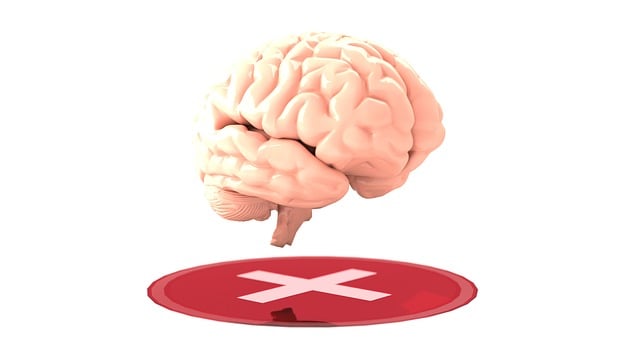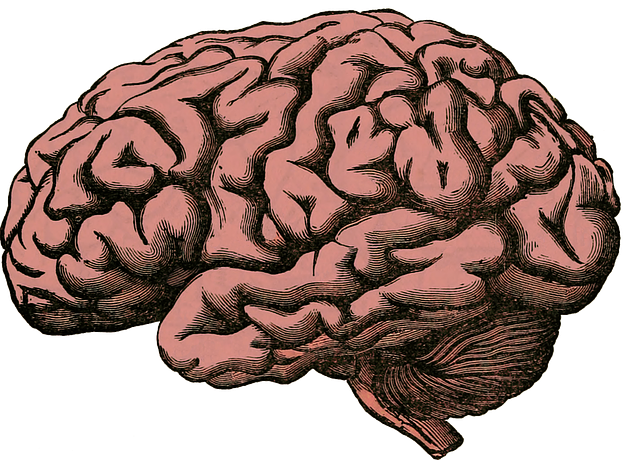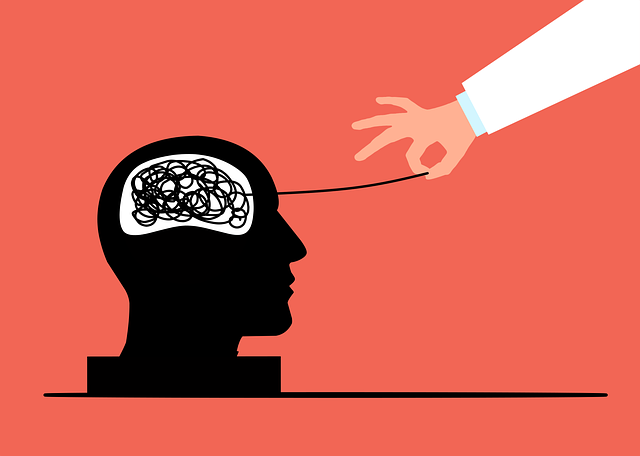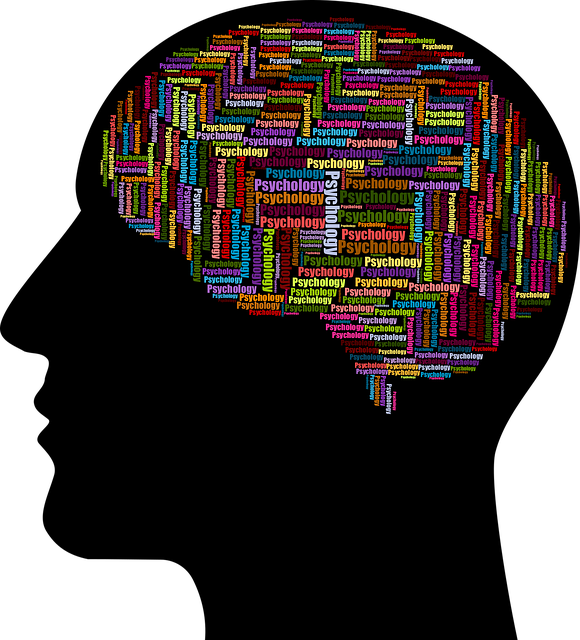In elderly communities with Mandarin Chinese speakers, cultural barriers and stigma prevent access to mental health therapy. To address this, therapists must incorporate cultural sensitivity, integrating family harmony and collective thinking into sessions. Online platforms and podcasts offer accessible resources, reducing stigma and promoting social skills training. A multi-faceted approach including tailored therapy, self-awareness exercises, and social skills training can break down barriers, encourage early intervention, and improve mental health outcomes for this demographic. Therapy for Elders Mandarin Chinese Speaking is crucial to fostering open dialogue and supporting emotional well-being in later life.
Stigma surrounding mental health issues persists, especially within elderly communities. This article explores strategies to reduce this barrier, focusing on the unique challenges faced by Mandarin Chinese speaking elders in accessing support. We delve into understanding cultural nuances of mental health perceptions and highlight effective approaches in therapy tailored to their needs. By examining these efforts, we aim to foster more inclusive environments, ensuring quality care for all elders, regardless of cultural background or mental health status.
Keywords: Therapy for Elders Mandarin Chinese Speaking, Stigma Reduction
- Understanding Mental Health Stigma within Elderly Communities
- Cultural Sensitivity in Therapy: Adapting Approaches for Mandarin Chinese Speaking Elders
- Effective Strategies to Break Down Stigma and Foster Supportive Environments
Understanding Mental Health Stigma within Elderly Communities

In elderly communities, mental health stigma often manifests uniquely. Historically, older adults have faced challenges in accessing appropriate therapy for elders speaking Mandarin Chinese due to cultural barriers and a lack of awareness about mental health issues specific to this demographic. This has contributed to a persistent stigma surrounding emotional vulnerability and mental illness among the elderly. The issue is exacerbated by societal expectations that promote stoicism and self-reliance, making it less socially acceptable for seniors to seek help for their psychological well-being.
Efforts to reduce stigma within these communities must address both cultural and age-related factors. Providing accessible therapy for elders speaking Mandarin Chinese, incorporating compassion cultivation practices, and teaching emotional regulation techniques can significantly contribute to self-esteem improvement. By fostering a culture of open dialogue about mental health, we can dispel the enigma surrounding emotional struggles in later life and encourage timely support for those in need.
Cultural Sensitivity in Therapy: Adapting Approaches for Mandarin Chinese Speaking Elders

Cultural sensitivity is a critical aspect of mental health care, especially when working with Mandarin Chinese-speaking elders. Many traditional Western therapeutic approaches may not resonate with individuals from diverse cultural backgrounds, including the Chinese community. Therapists need to be aware of and adapt their practices to respect and incorporate cultural values, beliefs, and communication styles. This involves learning about the specific challenges and strengths within the Chinese culture related to mental wellness, such as the emphasis on family harmony and collective thinking.
By integrating these cultural considerations into therapy sessions, professionals can create a more inclusive and effective environment for Mandarin-speaking elders. For example, incorporating family involvement in therapy sessions or using storytelling as a therapeutic tool can be powerful methods to engage this population. Additionally, with the growing availability of technology, online platforms and mental wellness podcast series production can offer accessible resources tailored to the specific needs and preferences of Chinese elders, further reducing the stigma associated with seeking help for depression prevention and promoting social skills training.
Effective Strategies to Break Down Stigma and Foster Supportive Environments

Breaking down the stigma surrounding mental illness requires a multi-faceted approach that goes beyond individual awareness. One effective strategy is to foster supportive environments in communities, especially for vulnerable populations like elderly individuals who speak Mandarin Chinese. Providing therapy for elders tailored to their cultural needs can significantly reduce barriers to care and create safe spaces for open conversations about mental health. This includes offering specialized services that address unique challenges faced by this demographic, such as cultural isolation or language barriers.
Additionally, implementing self-awareness exercises and social skills training in community centers or senior living facilities can empower the Mandarin Chinese speaking elderly to recognize their own struggles and connect with others who might be facing similar issues. These initiatives not only foster understanding but also encourage early intervention and support networks, ultimately reducing the impact of stigma and promoting better mental health outcomes.
Mental illness stigma reduction is a multifaceted approach, especially within elderly communities. By understanding the unique cultural sensitivities of Mandarin Chinese-speaking elders, we can tailor therapeutic strategies to address their specific needs. Through culturally adapted therapy and effective initiatives, we foster supportive environments that encourage open dialogue and reduce barriers to care. These efforts are vital in ensuring that all elders, regardless of their background or mental health status, receive the compassion and support they deserve in today’s digital era.














